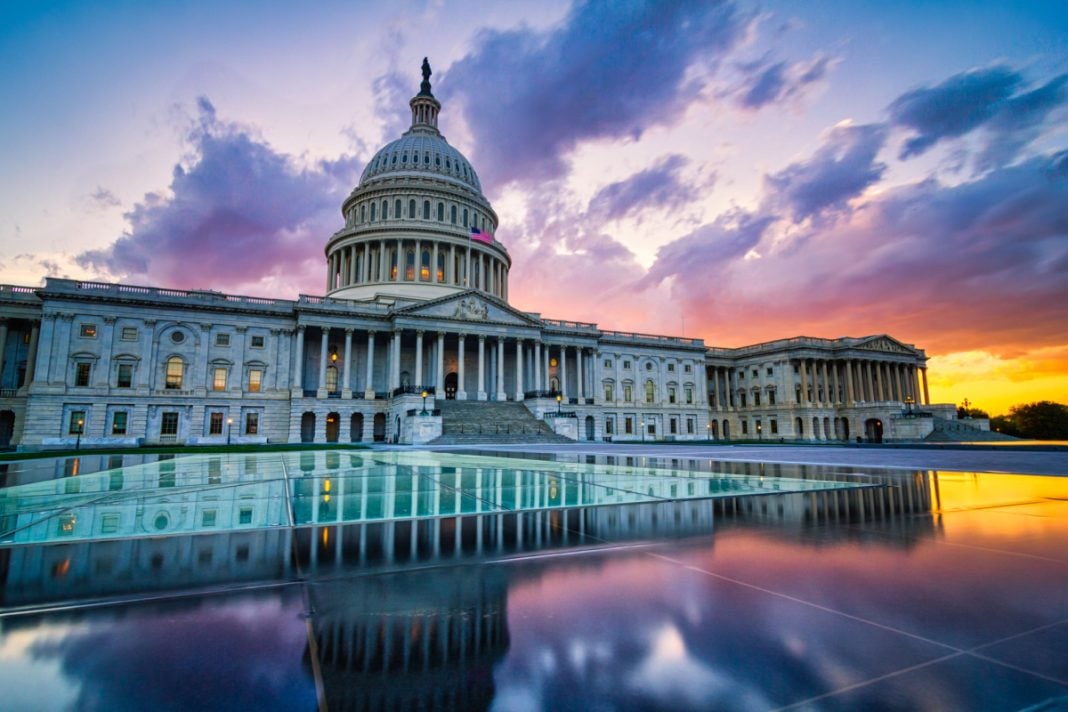The formation of a possible stablecoin bill in the United States has hit a roadblock that could lead throughout the year.
The US Congress first revealed that a potential crypto bill within the country may be finalised by next year, but discussions in the House Financial Services Committee have reportedly stalled as lawmakers continue to iron out elements of the potential bill.
Talks between the two figureheads leading negotiations, Chairwoman Maxine Waters and Ranking Republican Patrick McHenry, have outlined issues pertaining to the role of state regulators, treatment of crypto investors/holders, and the potential of a future digital dollar.
Initially, plans for a draft version of the bill were set to be released by the end of August, according to three people close to talks. Discussions have surfaced of the bill to be proposed in front of a committee vote by mid-September, but is unlikely to be proposed this month or not at all.
With the impending November midterms in mind, the timeline is tightening for Waters and McHenry to reach a conclusion on negotiations, as House members expect a deal will not be finalised by the end of the year.
Despite a stall in talks, lawmakers overseeing negotiations are expected to retain their places in office and could pick up new momentum for the bill’s first proposals next year in front of the new Congress.
Mark Hays, Policy Analyst for Financial Reform, spoke on the current state of negotiations over the bill: “If it’s true that the bill isn’t moving to markup, we’re glad committee leadership has decided not to move forward with what likely would have been a problematic proposal.”
“A great deal regulators can do right now is to address the risks posed by stablecoins to consumers and the market.”
Due to its current unregulated nature in most countries, stablecoins are designed to attach themselves to currencies such as the US dollar to stabilise the value of cryptocurrencies.
Waters also expressed a point during July’s discussions that she wanted the Federal Reserve to increase its work on getting the digital dollar off the ground, which was met with trepidation by McHenry and other Republican representatives.
Additionally, both sides are also deliberating over what state regulators authorities will hold once federal laws are defined, as Congress will commence work back on stablecoin regulation amongst other crypto-incentivised regulations.
Waters stated a few weeks back: “It’s critical that we continue moving the ball forward on this so we can have a regulatory framework that protects consumers, while allowing for responsible innovation.”























